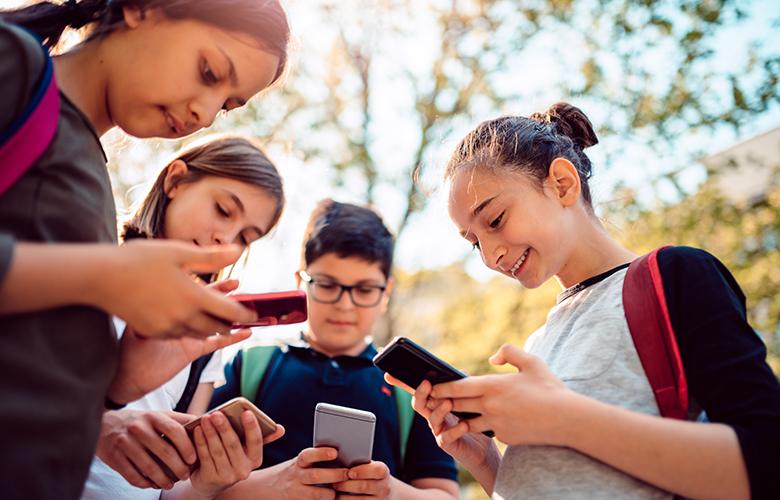
Schools throughout the country are making great efforts to promote inclusion for children with disabilities. This often translates to making appropriate accommodations for them to spend time in general education classrooms, provide opportunities to participate in extracurricular activities such as sports, and involve them in social situations such as lunch in the cafeteria.
The hope for these efforts is that non-disabled students will become more accepting of their peers with disabilities by learning, playing, and socializing with them. While this is an important step, we need to extend our inclusion efforts beyond the school walls to another setting in which ours kids spend much of their time—social media.
My colleagues and I recently published a study in the white paper Social Media, Cyberbullying, and Mental Health: A Comparison of Adolescents With and Without Disabilities. The study found that students with disabilities are almost twice as likely to experience cyberbullying compared to students without disabilities. In addition, almost one in four youth with disabilities reported that social media made them feel left out or excluded.
So is simply steering clear of social media the way for these students to avoid being bullied and feeling isolated? Not according to our study, which also found that students with disabilities are more likely to find support from others on social media. The solution, then, is not to change the social media habits of students with disabilities, but to make social media more inclusive and safer for them, as well as for all youth.
To do so, parents and educators need to help children understand that the values they learn at home and in the classroom—kindness, empathy, acceptance of people who are different—need to extend to their interactions with peers on social media. Just as we teach our children to be inclusive of their peers with disabilities in the classroom, in the cafeteria, and on the playground, we should teach them to do the same on Instagram, Snapchat, and Facebook.
Shai Fuxman, a behavioral health expert and senior research scientist, leads initiatives that promote the positive development of youth—particularly youth from marginalized communities, including LGBTQ youth and youth with disabilities.
Add new comment